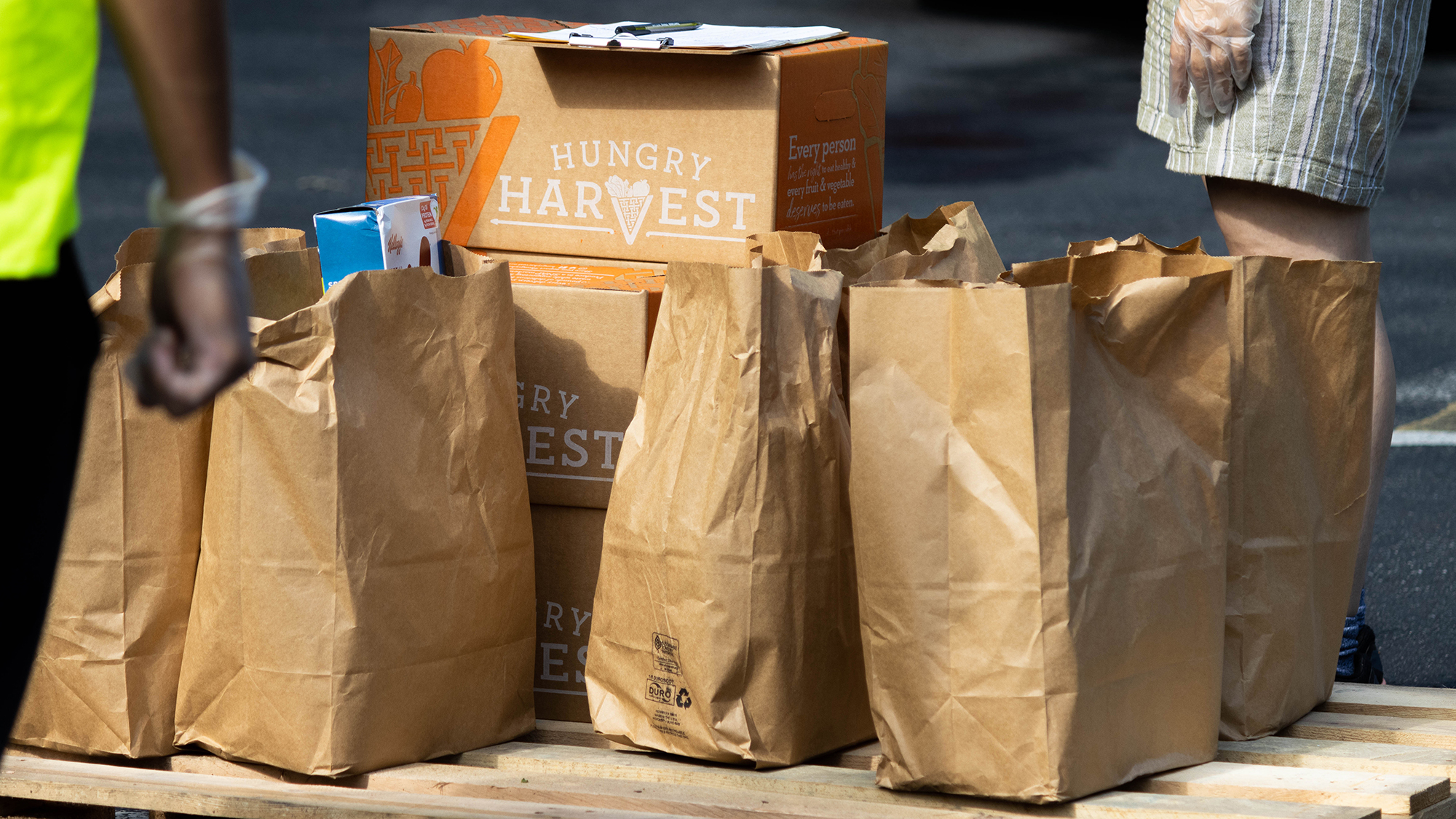After an increase in demand for free or low-cost food during the COVID-19 pandemic, the College Park City Council is set to vote Tuesday on the allocation of about $250,000 to five local food bank programs.
The city of College Park is receiving nearly $22 million from the federal government’s American Rescue Plan Act’s Coronavirus Local Fiscal Recovery Funds.
Meals on Wheels of College Park, the College Park Community Food Bank, the Community Meals program at the College Park United Methodist Church, Route One Communities Care and Helpers to Good, Inc. are the local programs that would each receive up to $50,000 grants.
These initiatives are dedicated to providing low-income, disabled, elderly or otherwise in-need individuals and families with food at little or no cost.
“This is much needed, especially during this time of the pandemic, when many of our neighbors really need services. Many of them lost their jobs, they’re struggling with their income,” said District 1 council member Fazlul Kabir.
Before the pandemic, the College Park Community Food Bank served meals every month to between 100 and 115 local families on average. But demand has grown exponentially. They’re serving about 250 families weekly — 1,000 per month, according to Mark Garrett, president of the food bank.
The food bank holds drive-through distributions every Saturday at the College Park Church of the Nazarene.
“We’ve always been committed to giving out healthy food — not just food, but healthy food,” Garrett said. “But what we’re doing now is we’re giving even more produce, fruits and vegetables than what we did prior to the pandemic.”
[Here’s what the College Park City Council was up to over the summer]
The cost of providing fresh food and nonperishable items weekly is high, Garrett said. The food bank is entirely managed by volunteers and is run out of a room in the church’s basement.
“The amount of food … that we are providing, it’s very expensive. So a $50,000 grant will help us in a very important and very sustainable way,” Garrett said.
Another potential beneficiary of the grants is the Community Meals program at the College Park United Methodist Church. Volunteers in the organization prepare weekly meals. For every $10 meal purchased, the church gives another free meal away to someone who can’t pay for themselves, according to the program website.
Meanwhile, Meals on Wheels of College Park focuses on preparing nutritious meals for elderly people in College Park and surrounding towns. The nonprofit is requesting donations so they can pay for a new location.
Meals on Wheels volunteer Antoinette Conrad said the organization has been short on volunteers recently.
“We have wonderful, wonderful volunteers, and through the pandemic we had really many people coming to volunteer,” Conrad said. “But now that they’re going back to work, we sometimes are a little short-handed.”
[Demand soars for Meals on Wheels, College Park Community Food Bank amid COVID-19]
Route One Communities Care could also benefit from the grant. The organization funds local restaurants to cook meals for locals in need.
The initiative has been key to helping local restaurants stay afloat despite the economic impact of the pandemic, said volunteer David Brosch.
“Some of [the restaurants] say that without us, some of them would have gone under,” Brosch said.
Helpers to Good, Inc., is the final program being considered to receive a portion of the relief funding.
Based out of Al-Huda School, volunteers with Helpers to Good, Inc., have distributed 50,000 pounds of groceries to residents during the pandemic, plus more materials such as school supplies, meals, masks and winter gear, according to the city council agenda.
In previous years, the city has provided grants to Meals on Wheels and the College Park Community Food Bank, said Ryna Quiñones, the city’s communication and events manager.
District 2 council member Monroe Dennis strongly supports the grants for the local programs.
“We’re not totally out of the pandemic,” Dennis said. “I think it’s well within our means, and it is a service that we should provide to the community.”



